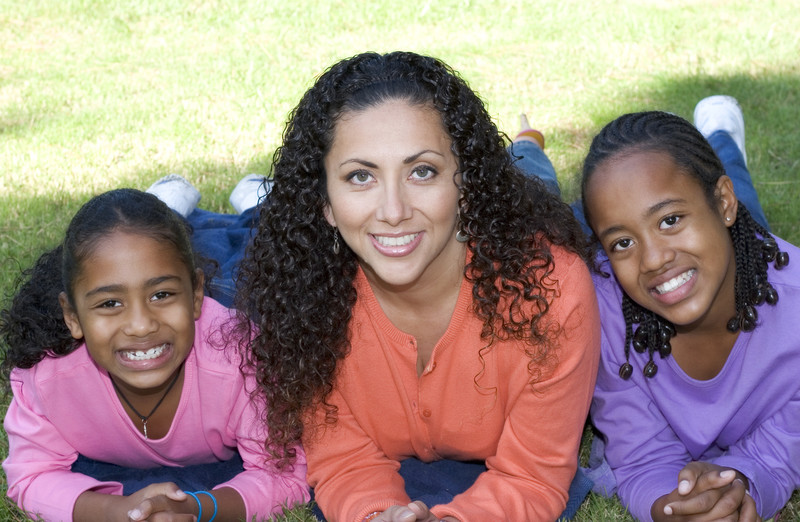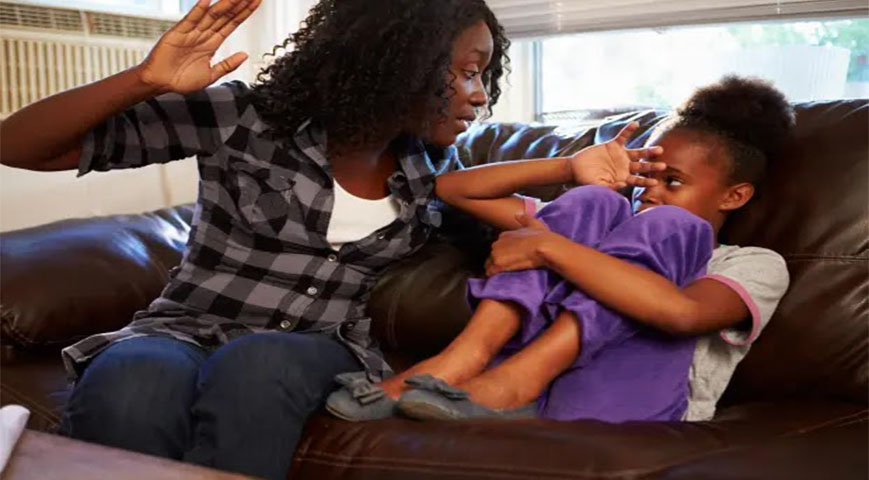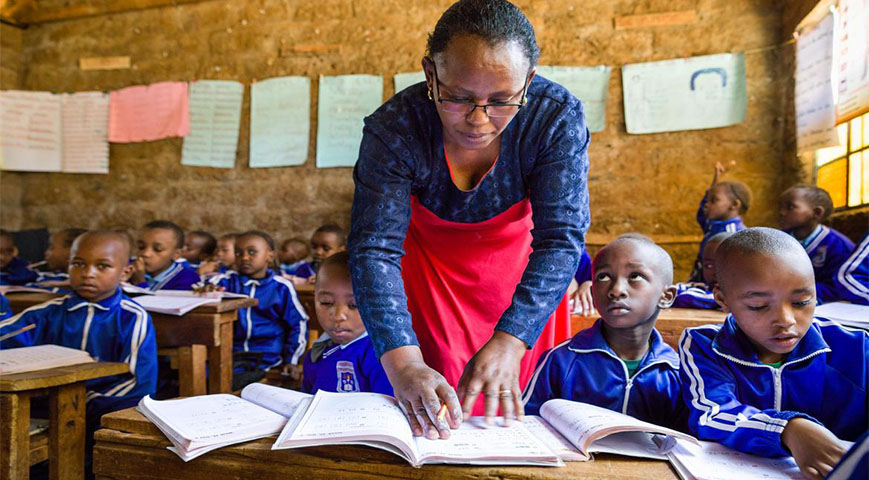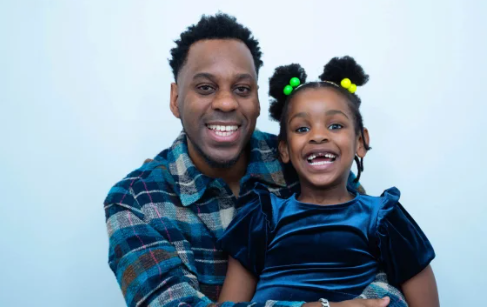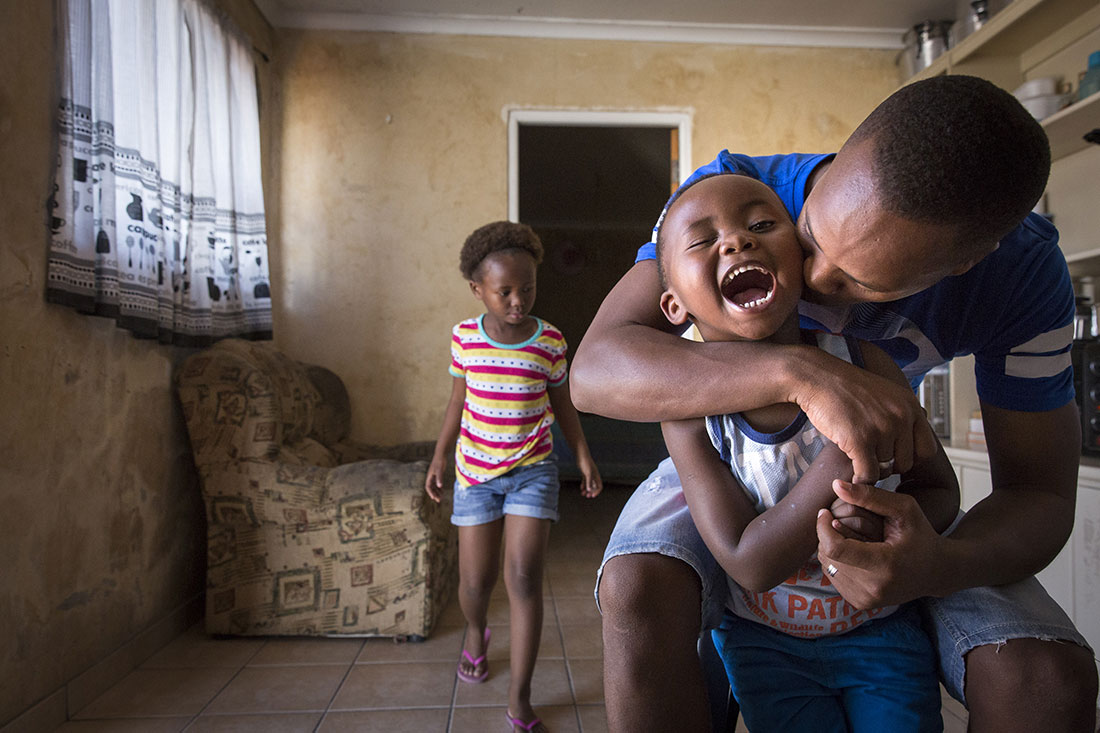Raising children can be a challenging and rewarding experience, but it's important to be mindful of the impact your parenting style can have on your child's well-being. Toxic parenting, which refers to parenting that is harmful or damaging to a child's physical or emotional health, can have long-lasting consequences and can lead to a range of negative outcomes for children. Here are some tips on how to avoid being a toxic parent:
Practice self-care
As a parent, it's important to take care of yourself first in order to be able to care for your child. Make sure to prioritize your own physical and emotional well-being by getting enough sleep, eating well, and finding time for activities you enjoy.
Communicate effectively
Communication is key in any relationship, and this is especially true in parenting. Avoid using harsh or critical language, and instead, try to express your thoughts and feelings in a respectful and understanding way. Encourage open and honest communication with your child, and be a good listener.
Did you read this?
Set boundaries
It's important to establish clear boundaries with your child to help them understand what is acceptable behavior. However, it's also important to be flexible and open to negotiation, as children need to learn how to advocate for themselves and make their own decisions.
Show love and affection
Children need to feel loved and supported in order to thrive, so it's important to show your child affection and demonstrate your love for them in a way that is meaningful to them. This could be through physical touch, verbal affirmations, or acts of kindness.
Practice patience
Parenting can be frustrating at times, and it's normal to feel overwhelmed or impatient. However, it's important to try to stay calm and patient with your child, as reacting with anger or frustration can be toxic and damaging to your relationship.
Seek support
Parenting can be a lonely and isolating experience at times, so it's important to seek out support when you need it. This could be through friends, family, a support group, or a therapist. Don't be afraid to ask for help when you need it.
Be a role model
Children learn from their parent's behavior, so it's important to be a good role model for your child. Practice what you preach and lead by example, as this can help your child develop healthy habits and behaviors.
By following these tips, you can avoid being a toxic parent and create a positive, nurturing environment for your child to grow and thrive. Remember, parenting is a journey and it's okay to make mistakes – the most important thing is to be mindful of your actions and strive to be the best parent you can be.


